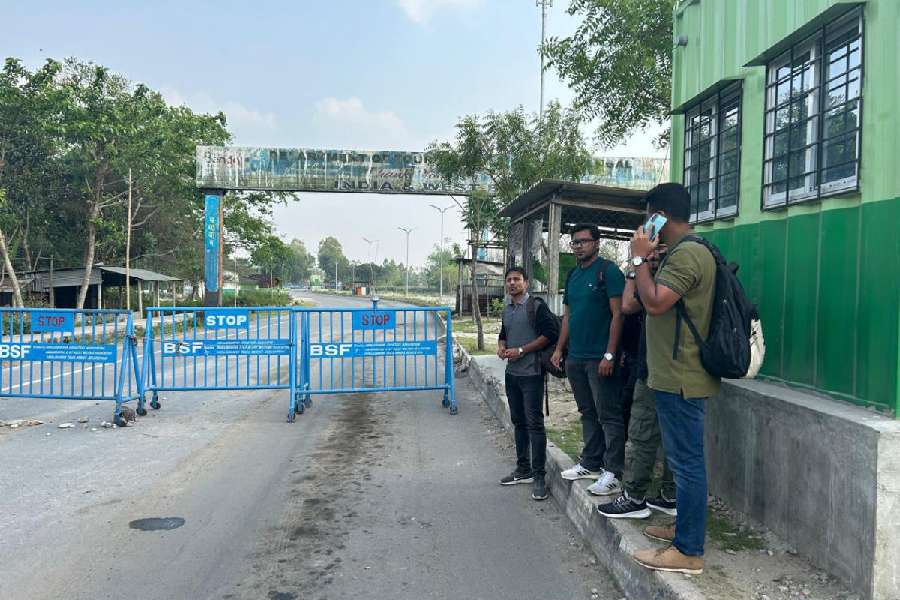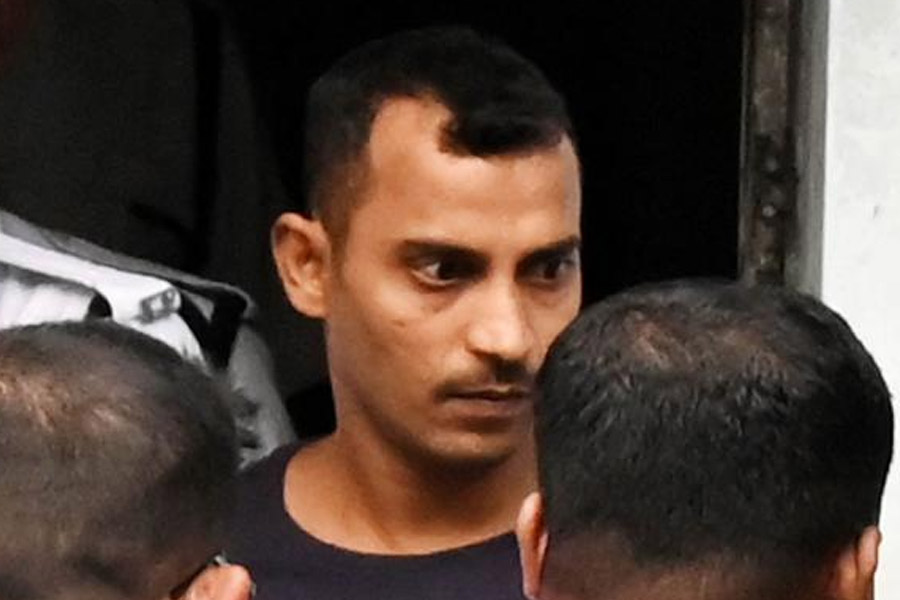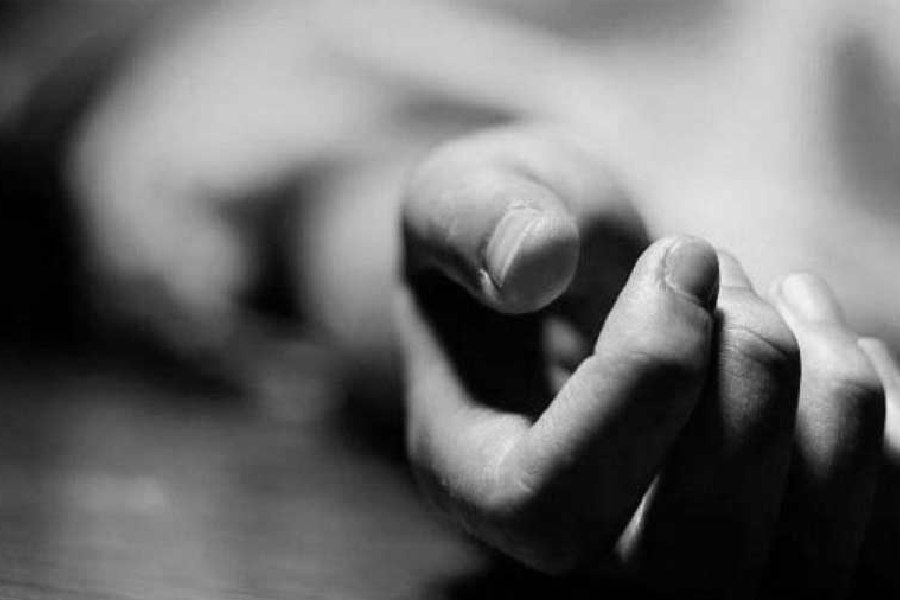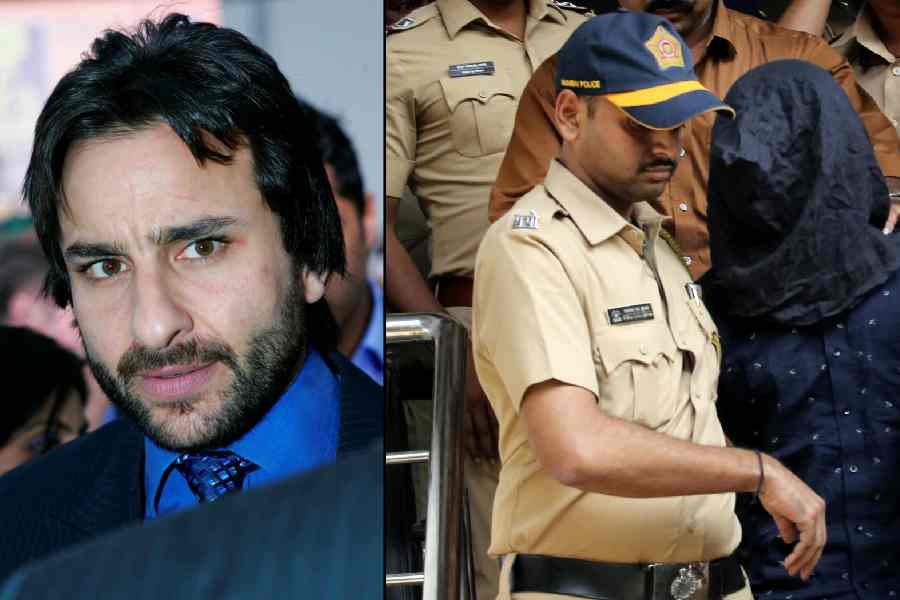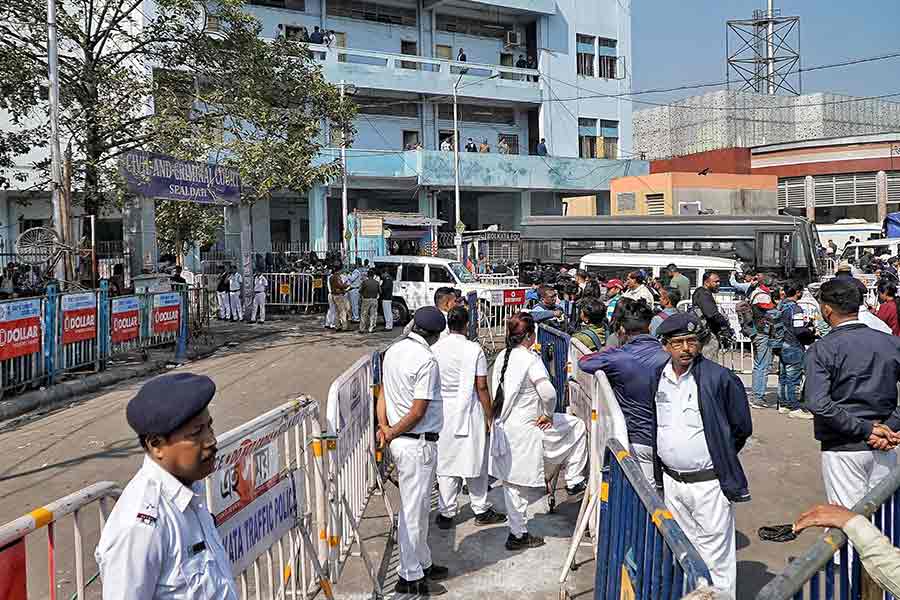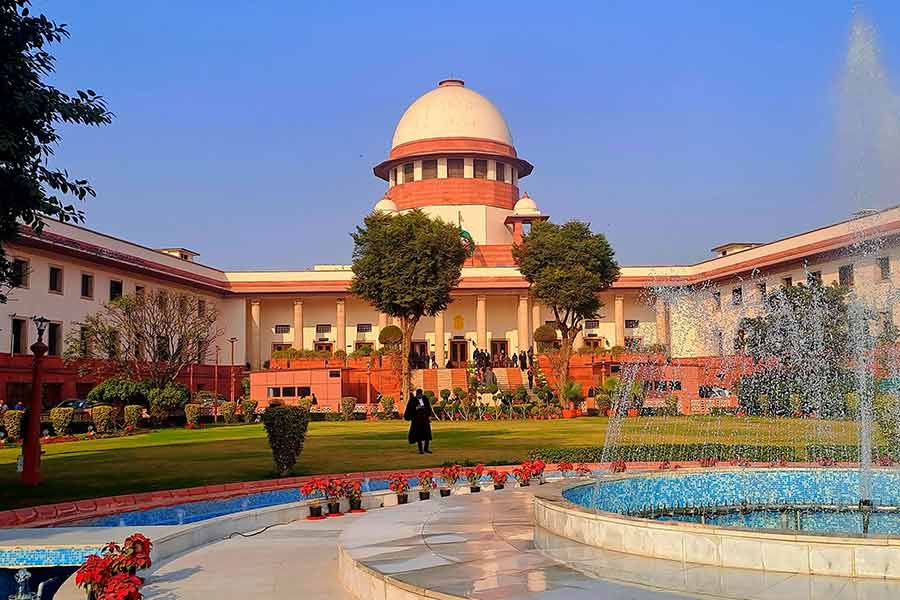Akhilbandhu Dhali, a resident of Dhaka, on Wednesday stood flummoxed at the India-Bangladesh border in Changrabandha, Cooch Behar, a popular transit route.
He had just come to know that he couldn't enter his homeland through the route till the general election is over in the Cooch Behar Lok Sabha seat on April 19.
On April 16, the Cooch Behar district administration issued an order that movement of passengers and goods would be halted till voting is over.
“Five of us office colleagues came to India via Changrabandha. We took a trip to Sikkim and enjoyed the mountains. We were supposed to return home on Wednesday, but here we were told that the border was sealed and we can cross the border through this route only after April 19,” said Dhali, a private sector employee in Bangladesh capital Dhaka.
Eventually, Dhali and his friends took a bus to Siliguri. From there, they boarded another bus bound for Calcutta. “We will try to reach Bangladesh through Petrapole-Benapole, which, we were told, is open,” he said.
According to sources, every day, around 500 people, both Indians and Bangladeshis, move via Changrabandha.
Sabina Islam of Nilphamari district of Bangladesh had to face the same ordeal. She, along with 150 other Bangladeshis, reached Changrabandha to return to her homeland. “I came to India and visited tourist spots in and around Siliguri and Jalpaiguri. Today, as I reached here, I came to know that the cross-border movement is shut for elections. I have no idea what to do next,” she said.
The Bangladeshi residents underscored that the Indian authorities should have informed them earlier about such closure.
A section of Indian residents, mainly importers from Cooch Behar, are stuck in Bangladesh for the same reason.
“The importers regularly visit Bangladesh. Some of them were supposed to return ahead of the elections. But now, they have to take another route or else can’t even cast their votes,” said an importer in Cooch Behar.
On Wednesday, family members of 71-year-old Md Amzad Hossain, who was from Thakurgaon district of Bangladesh, were perturbed. Hossain, who was ailing, breathed his last at a private hospital in Bangalore. His family members reached Changrabandha with his mortal remains and sought to go to their home country.
They approached immigration officials and the BSF. Finally, the family could take the septuagenarian’s body through the border to Bangladesh.
Like Cooch Behar, the district administrations of Jalpaiguri and Alipurduar districts have also clamped similar curbs at the border routes, which include two routes to Bhutan — Samtse and Phuentsholing — and one to Bangladesh — Fulbari. However, unlike Changrabandha, only goods are allowed through Fulbari.
In Alipurduar, many Indian tourists who were supposed to return to India via Jaigaon — which shares borders with Bhutan's Phuentsholing — or go to Bhutan, expressed fear that they might get stuck till April 19 when the order was enforced from 6pm on April 16.
This made the Himalayan Hospitality & Tourism Development Network (HHTDN), a body of tourism stakeholders, take up the issue with the administration.
“We thank the Alipurduar district administration as it has partially relaxed the curb to allow Indian tourists to move on both sides of the border (India and Bhutan) on these days,” said Samrat Sanyal, HHTDN general secretary.

